Adi Berman
Outside of science, Adi enjoys engaging with her local Jewish community (through synagogue, shabbat meals and events), spending time with her son and participating in sports and day-trip adventures!
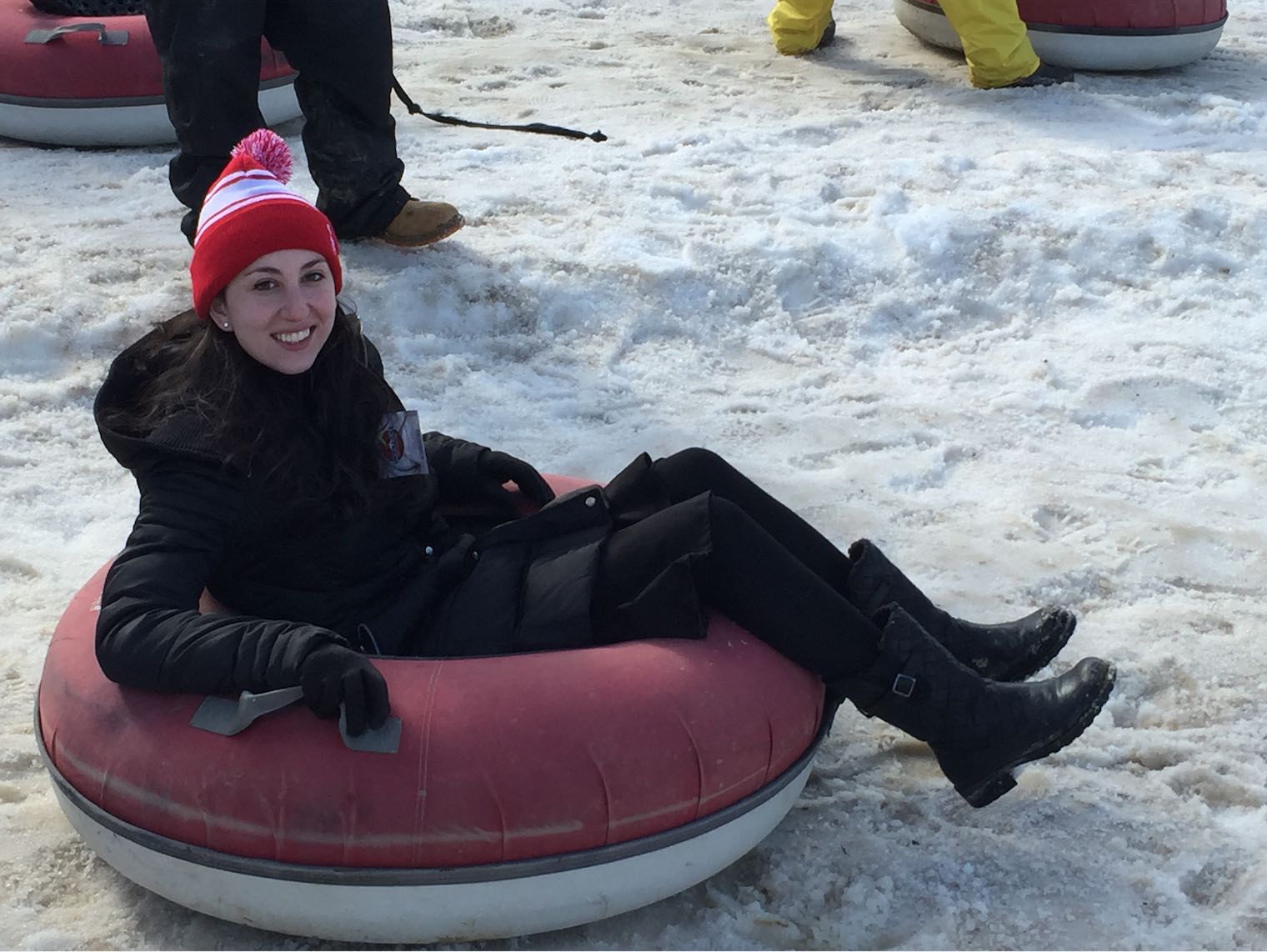
Adi Berman is a Graduate Student at The Rockefeller University (TPCB) where she specializes in Cell and Chemical Biology research.
Adi spent most of her childhood in Philadelphia, Pennsylvania. However, since she moved around a lot—living in places such as San Antonio, Pittsburgh and two different cities in Israel—she felt prepared for the unexpected, uncomfortable and unknown of New York City. Adi believes that when you embrace these elements of life, “you can have the most interesting experiences!”
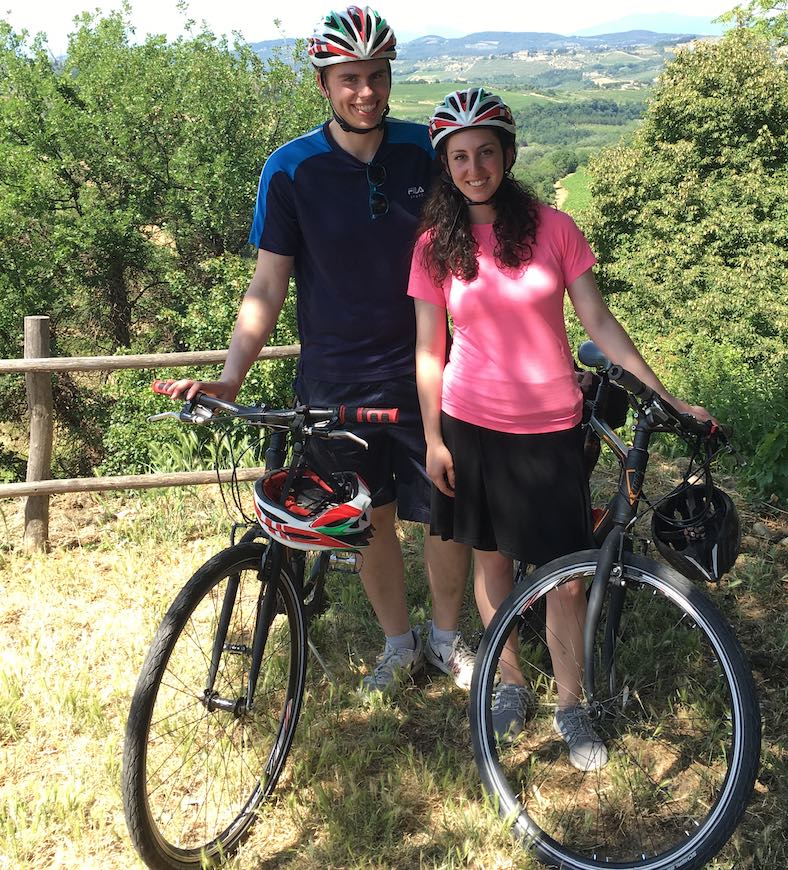

What’s your favorite thing about being a scientist? Did you always want to be a scientist?
“I have always loved science. Growing up, science was always my favorite subject in school. However, I didn’t really know many scientists or what they did as a career, so I didn’t really consider pursuing a PhD in science until midway through college. Through my undergraduate courses and several lab experiences, I realized that not only do I enjoy asking scientific questions and learning the answers, I enjoy the process of making a new discovery. I love learning new techniques and seeing how they can help analyze a questions in many different ways, making the final answer more complete . . .”
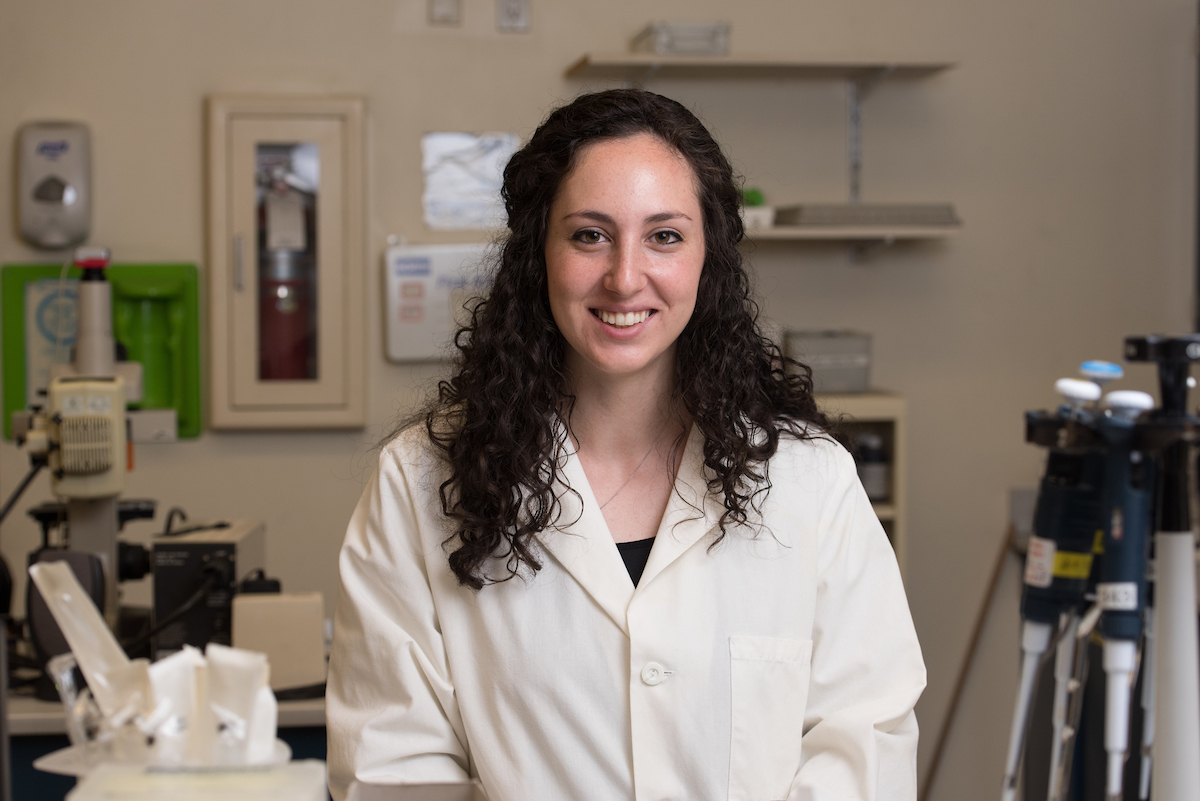
After becoming more involved in research and meeting many scientists, I knew that a research career was the right fit for me.
Can you think of a specific time when you found science or pursuing science challenging?
“As an Orthodox Jew, there are certain things that set me apart from most people, and for the most part my mentors and peers have been incredibly accommodating and also interested in learning more about me and my lifestyle. Sometimes, however, being an Orthodox scientist can be difficult. For examples, there was one institution that accepted me to a special course they were offering, but then refused to allow me to participate in their course if I did not attend the programming on Shabbat*. This negative experience motivated me to work harder as a scientist, and to try and show others that I am a successful scientist because I am different, not despite the fact.
*Shabbat= AKA Sabbath. The time period between Friday evening and Saturday night when Jews cannot participate in any work-related activities.”
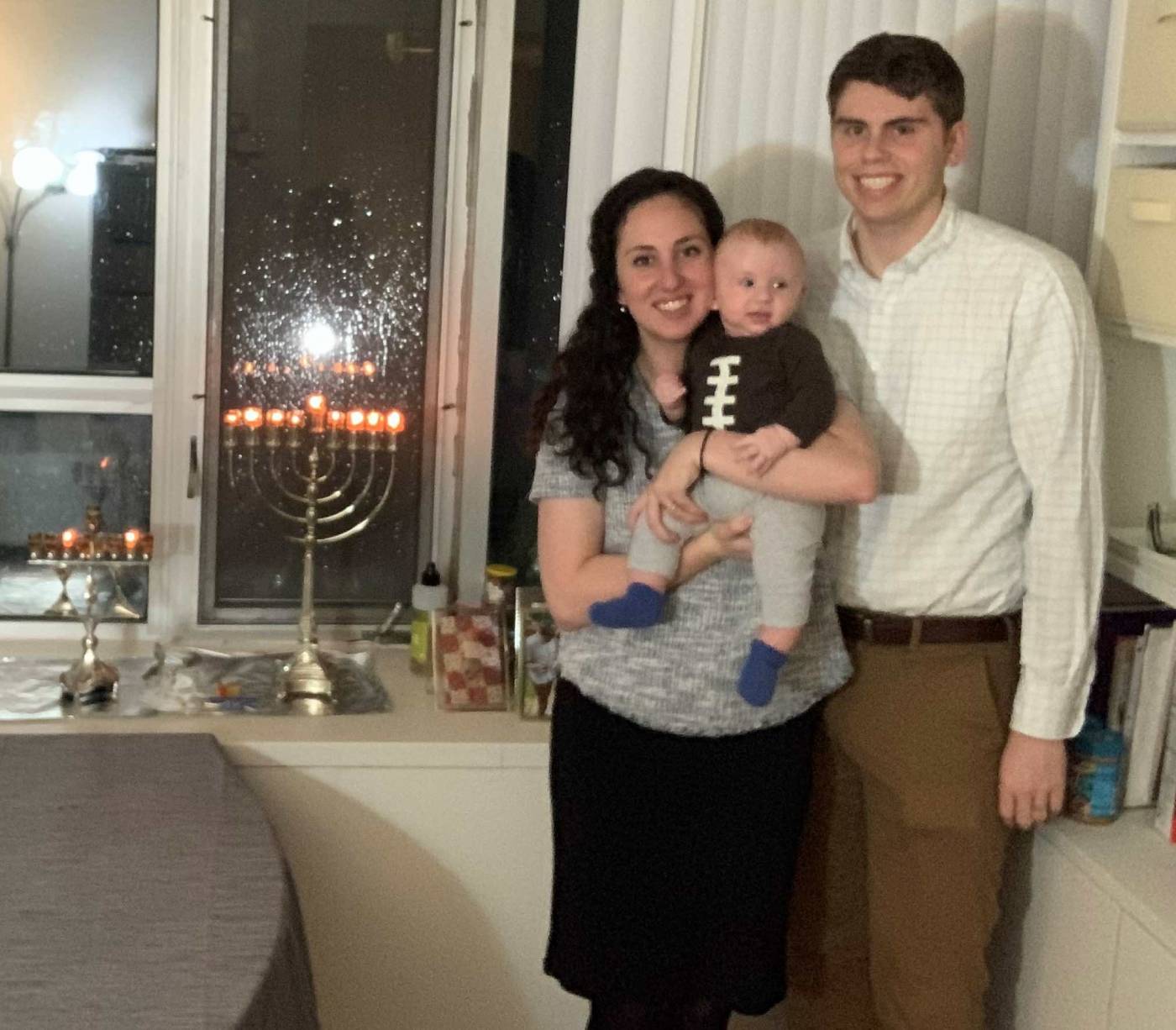
If you could give one piece of advice to young scientists or students, what would it be?
“Don’t doubt yourself. From my own experience and from conversations with friends and coworkers, it seems to me that a major reason people don’t reach their goals as a scientist is because they think they aren’t “good” enough, and as a result they don’t even try to apply to the top graduate schools, apply for the competitive grants, or present at an upcoming conference, to name a few examples. Whenever things seem difficult, I think it’s really important to remind yourself that everyone has their strengths and weaknesses, and you have to figure out how yours set you apart and make you unique and valuable as a scientist.”
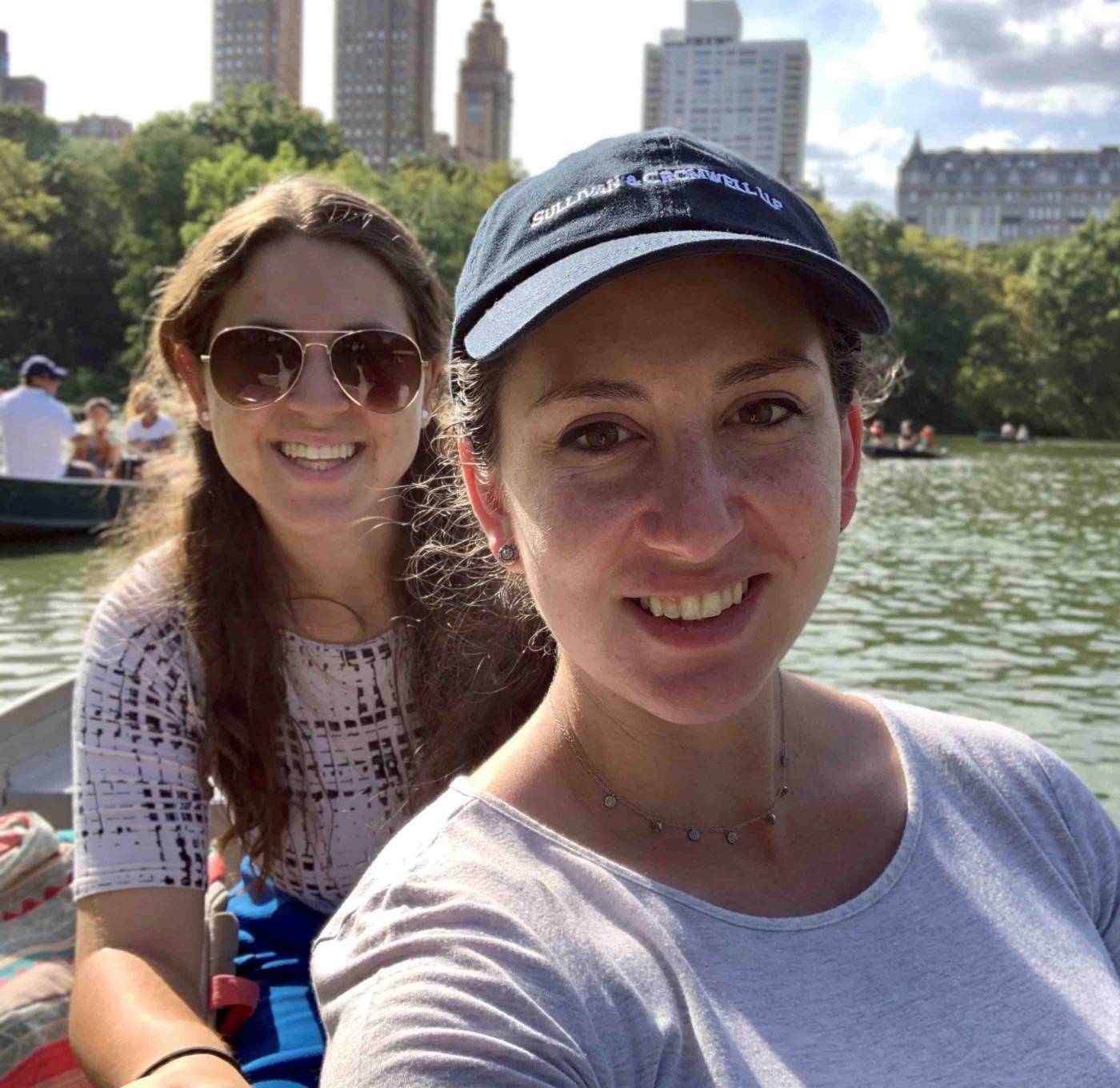
Tell us about yourself outside of science. How do you spend your time outside of lab?
I love spending my time in the lab and learning about science, but of course, like most people, there are many other things that are important to me. As an Orthodox Jew, I enjoy participating in religious activities. For example, I observe Shabbat every weekend by attending nearby synagogues and meeting with friends who also celebrate Shabbat. Additionally, I recently became a mom, so I enjoy spending time playing with my son and reading as many science books as possible to him! Otherwise, I spend my free time having fun in the city by biking on the beautiful east and west side greenways, row boating in Central Park, ice skating in Bryant Park, or driving a little out of the city for adventures such as snow tubing!
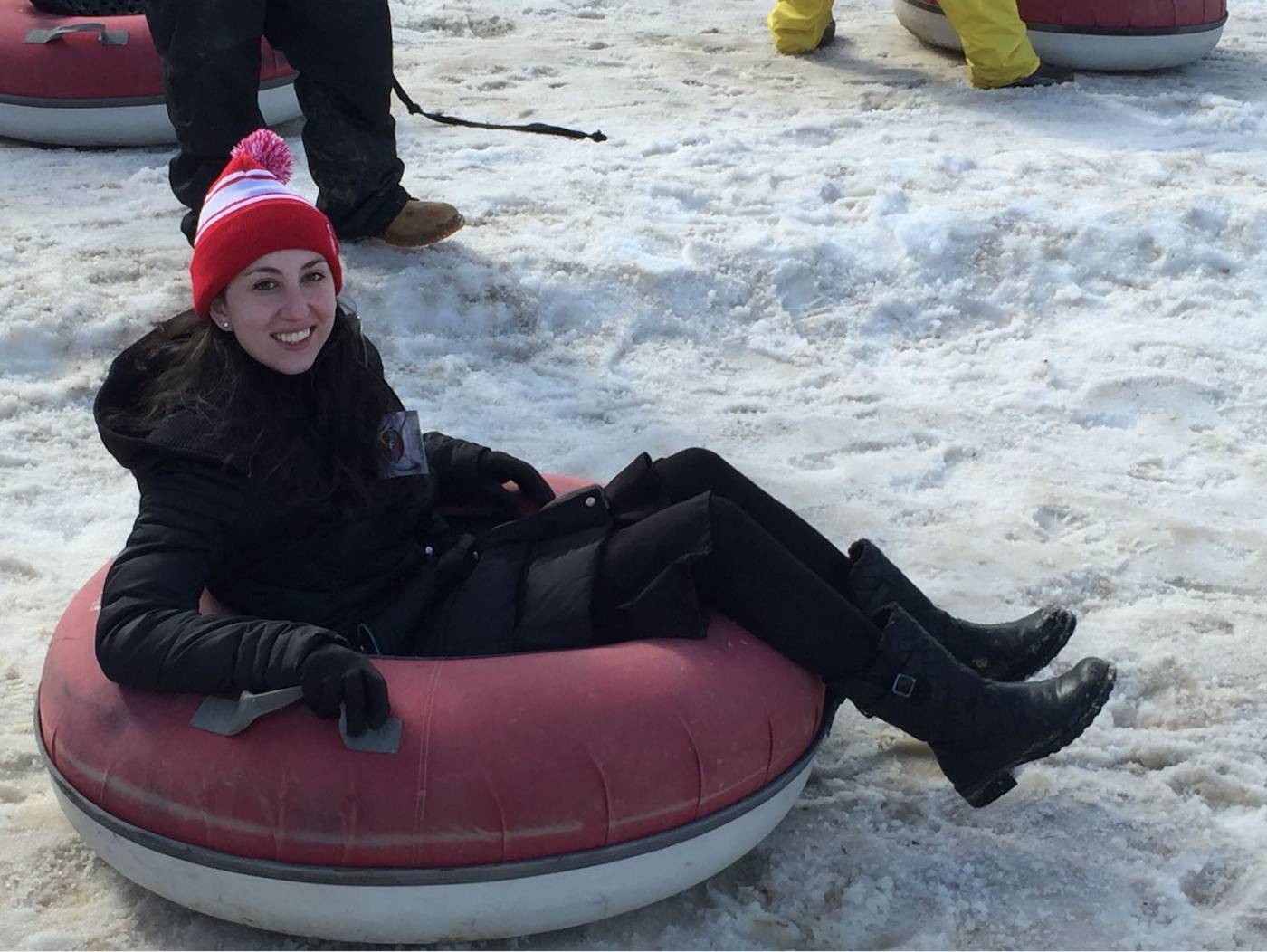
If you hadn’t pursued science, what would you have done instead?
“My dream alternative career is to be a construction worker. I love building things and figuring out how to put things together to make something new. It’s similar to science, but kind of the inverse of it: it requires big tools to put small things together to build something large, whereas science utilizes smaller tools to take “large” systems apart and understand how they’re made up by individual minuscule components.”
